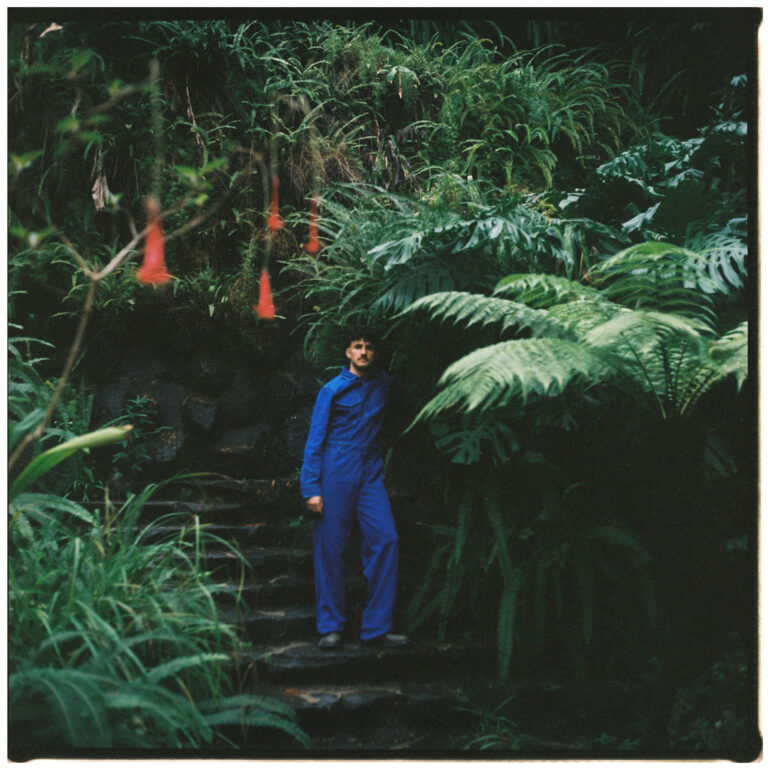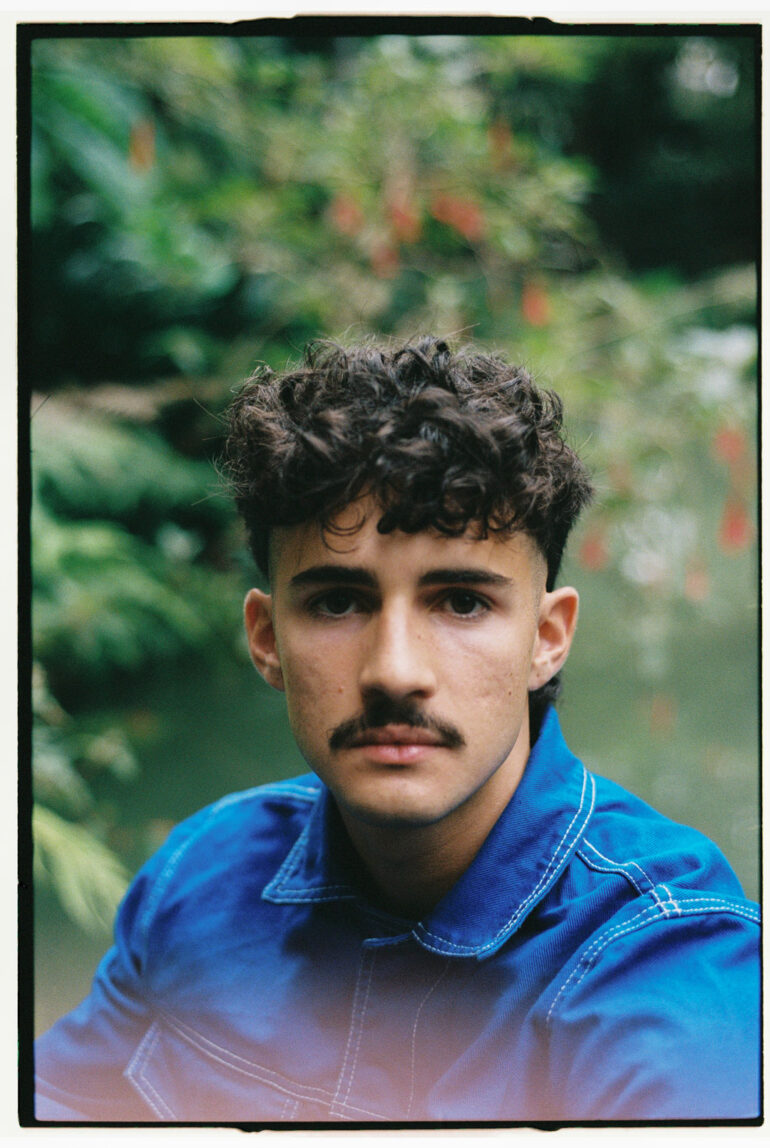Words: Cláudia Pinto
Photos: Arlindo Camacho
If every aspect of our lives had a sound, which sound would correspond to our talent? What do the keys of a piano sound like when played by a young man who faces them as an equal? What feelings do they evoke in us?
Of all the things that can be said with certainty, we can say that Máximo Francisco is here to stay. His childhood was a perfect canvas, but adulthood brought more challenges. At the age of 19, he released The Greatest Hits, an album of music composed between the ages of nine and 19. A year later, Pangea was born. Eco-anxiety and climate crisis are some of the issues he wants to raise awareness about. He is currently in the final year of his bachelor’s degree in jazz composition at Codarts Rotterdam in the Netherlands. What are the sounds of Máximo?
Q: Would you say that the music was born with you?
A: I started as a self-taught musician at the age of six, when I was given a very simple synthesizer. I would wake up very excited and play every morning. The truth is that I don’t see the piano as a subject to be studied, but as something intuitive. At the age of seven, I entered the Lisbon Conservatory and was there until the age of 18, studying piano and composition.
Q: Why do you say that piano is not a subject to be studied?
A: For me, the piano is more like a toy. I really enjoy it. There are less enjoyable parts, like getting better and playing. But in the beginning, I always thought of the piano as a toy…
Q: Like an extension of yourself?
A: It is something quite natural for me. The more I play, the more I realise that it has become an extension of myself. But above all, I feel that I am here to explore the sensations of real life.
Q: You started composing music when you were very young?
A: Yes, it happened the same way. I studied classical music from the age of seven, but I enjoyed writing and playing my own music more. It was natural.
Q: You released Greatest Hits at the beginning of your career, not at the end…
A: I released the greatest hits of a career that hadn’t yet begun. They were songs I wrote between the ages of nine and 19. They were the ones that stuck in my mind, the ones that made the biggest impression on the people around me, and that’s a complication of a ‘teenage’ career. But the name also has the funny side of being the reverse of Greatest Hits. Also, unlike ‘great bands or artists’, it’s just a solo piano album.
Q: Would you say that there is a kind of inspiration when you write music?
A: I’m not quite sure that there is inspiration, which leads me to believe that it’s something very intuitive. Sometimes I have things to say, but the sound waves are not a message in themselves. I have concepts surrounding the music, like in the last album that there is an environmental concern, but what I really want is to make people feel what I want to communicate. If I could write poetry, I probably would. Music is the only way I have to get that kind of message across.
Q: How do you react when you realise your message has reached the audience?
A: When music is done well, there are feelings that are almost universal. Every song I make expresses a feeling, or tries to. When music reaches people, I think that feeling has been transmitted, and it’s even more universal than other music.
Q: You’ve since left Portugal to study in the Netherlands. How did you adapt?
A: It was very natural because I wanted to experience a different culture and get out of my comfort zone. The question was: where can I go that is relatively close, but also a good cultural centre? With that in mind, I chose the Netherlands. I’m in my fourth year and it’s very interesting. I like it very much.
Q: Do you think studying abroad was relevant, or would you have done the same in Portugal?
A: Going abroad has changed me personally. But I admit that I’d have had the same relationship with music.
Q: You’ve just released a new album, Pangea. How did the theme arise?
A: I like albums that have a concept and can be listened to from beginning to end. Dark Side of the Moon is an important reference for me. It feels like a whole music… like a sensorial experience. There are different strong experiences, in different songs, in one album, united by a concept.
That’s what I tried to do with Pangea. The title is a metaphor. Pangea was a supercontinent that existed 200 million years ago. We need society as a whole to fight climate change. That’s what I stand for.
Q: Do you think music has a role to play in society?
A: I believe that music can be used as a platform to raise awareness about this issue. This is a time for action and concrete measures. But I don’t think that music has to be political: it can be or not. Music exists in its own right.
Q: Is Pangea a political album?
A: I wanted it to have a message: to raise awareness of eco-anxiety and climate change. I have felt this fear since I was a teenager, and I think we should all feel it. And the fact that the album is linked to the cycle of the year makes sense. I tried to relate each piece of music to what I felt in each season of the year. These are personal feelings that eventually become universal.
Q: This is the first album where you use voice and other instruments. Why is that?
A: It came out of a need to show diversity as a composer. And the curiosity to explore other instrumentations and work with other people. I want to keep releasing new experiences. I’ve also recently released an album called Residência, which is a work I did during a seven-day artistic residency with a friend who is more involved with electronics.
Q: How do you see the future?
A: To keep making music, no doubt.




